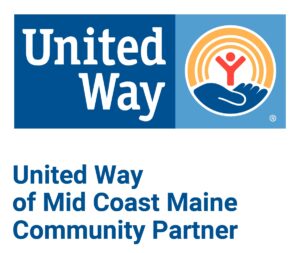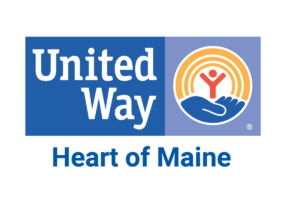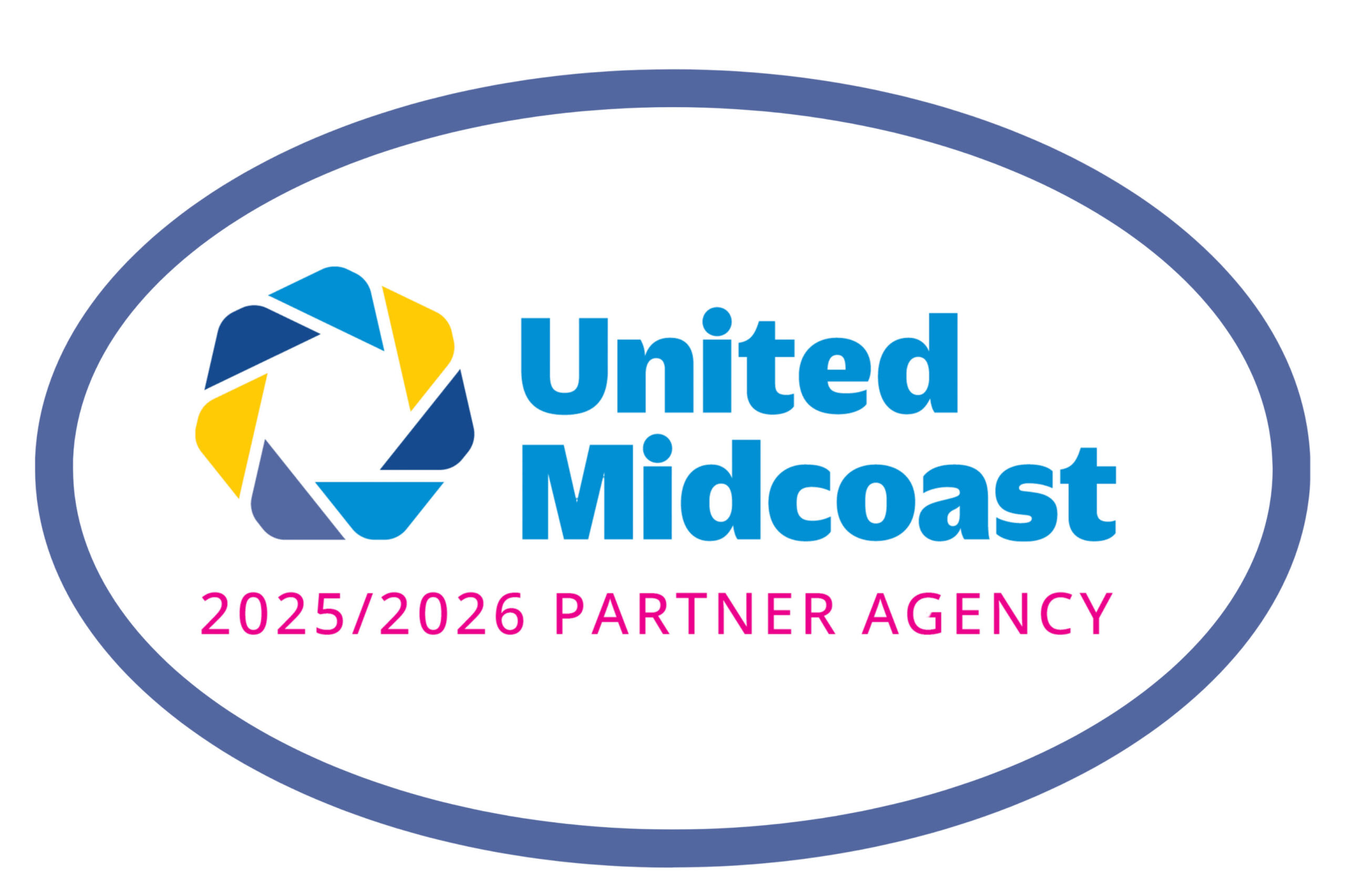What is domestic abuse?
Domestic abuse, also called "domestic violence" or “intimate partner violence,” is when one person in a relationship uses a pattern of behavior to control and cause fear in the other person in the relationship. This behavior can hurt, manipulate, blame, or injure the victim-survivor. Abusive people use this behavior to get their partners or family members to do something or to stop them from doing something. Abusive peoples’ actions are purposeful, chosen, and based on the belief that they have the right to have power and control over the victim or survivor.
National Chat Service
24/7. Free. Confidential.
Provided by thehotline.org
*Chat will redirect you to thehotline.org
What does abuse look like?
Abuse is not always easy to recognize. The tactics abusive people use can change over time and tactics often escalate. Domestic abuse can include emotional, sexual, and physical abuse as well as stalking and threats of abuse. Abusive people can be intimate partners, dating partners, family or household members, or caregivers.
It’s important to remember that you are not to blame for the abuse. The abusive person is the only person responsible for the abusive behavior. You deserve to be treated with respect. There is support for you and there are people who care. You do not need to go through this alone.
Does your partner ever:
- hit, kick or shove you?
- use weapons/objects against you or threaten to do so?
- force or coerce you to engage in unwanted sexual acts?
- threaten to hurt you or others, have you deported, disclose your sexual orientation or other personal information?
- control what you do and who you see?
- use technology to track, monitor or frighten you?
- steal or destroy your belongings?
- constantly criticize you, call you names or put you down?
- deny your basic needs such as food, housing, clothing, or medical assistance?
- limit your access to money or refuse to pay child support?
If you answered yes to any of the above, please know that help is available. New Hope Midcoast’s services are free and confidential. Our advocates are here to listen and provide nonjudgmental support. We strive to empower you to make the best choices for you.
Every victim-survivor’s experience is unique and results in different emotions and needs. Victim-survivors may blame themselves for the abuse, be angry at themselves for not ending the relationship, or feel confused because they still love the person who is abusing them. All feelings are normal and valid. New Hope Midcoast works from an empowerment model. That means we listen to the victim-survivor and discuss options to support them as they create pathways to safety and fulfill their goals. We believe victim-survivors know the most about their own situation and what options will work best for them.
Who does it affect?
Anyone can be a perpetrator of abuse or a victim-survivor, regardless of race, religion, sexual orientation, economic or social status, education, profession, geographic location, ethnicity, ability, immigration status, age, or childhood experience.
Some communities experience higher rates of domestic violence. Systemic oppressions, like racism, sexism, homophobia, and others can make certain individuals and communities more vulnerable to abuse. This can also impact how they experience abuse and how they seek or receive support.
New Hope Midcoast is proud to support survivors of all backgrounds, including survivors of all genders, races, classes, sexual orientations, ethnicities, immigration statuses, ages, and abilities.
Why do people stay?
The decision to end a relationship may not be an easy one. While it can be difficult for family, friends, coworkers, and neighbors to understand, survivors often have many reasons they may stay in a relationship with an abusive person, including:
- Love
- Children
- Religious or cultural pressures
- Financial pressure
- Fear of harm to themselves or others
Instead of asking survivors “why don’t you leave,” advocates are prepared to talk through strategies for increasing safety whether in or out of a relationship with an abusive partner.
New Hope Midcoast Locations
We offer 3 onsite locations serving Sagadahoc, Lincoln, Knox, and Waldo counties in Maine.
MAILING ADDRESS FOR ALL OFFICES:
New Hope Midcoast
P.O. Box A, Rockland, Maine 04841
24/7 Helpline Midcoast Maine 1-800-522-3304
24/7 Statewide Helpline
1-866-834-4357



